Blog
Unlocking Excellence: Quality at the Core
-
Lifecycle Management in QMS: Building Continuous Quality and Compliance
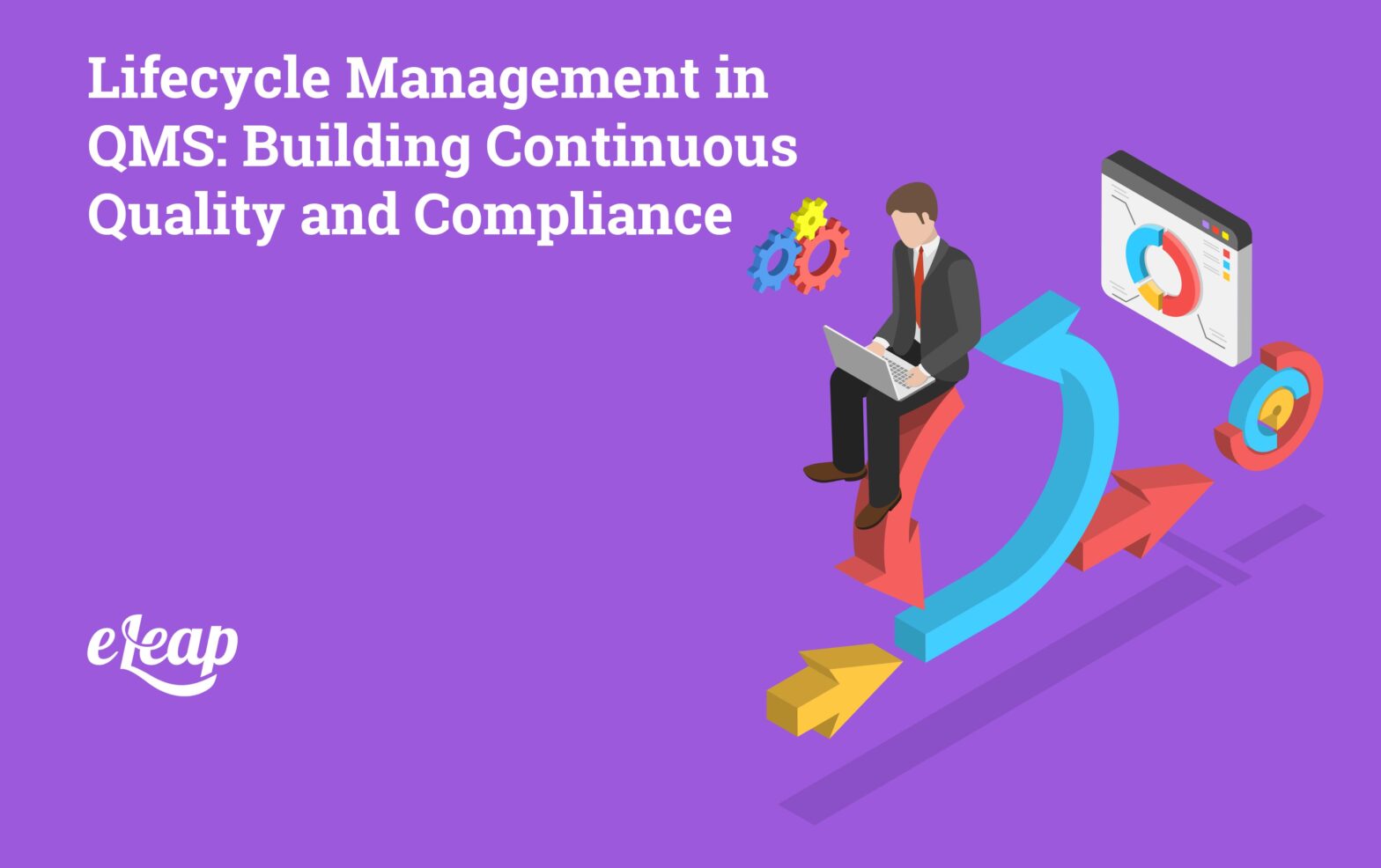
Lifecycle management in QMS transforms how manufacturers approach quality—not as a batch-level inspection function but as a strategic, end-to-end orchestration of quality processes across every phase of a product’s existence. For organizations in FDA-regulated industries such as pharmaceuticals, medical devices, biotech, and aerospace, lifecycle management is now essential to regulatory compliance, risk mitigation, and operational […]
-
GMP Guidelines for QMS: A Complete Guide to Achieving Quality and Regulatory Compliance
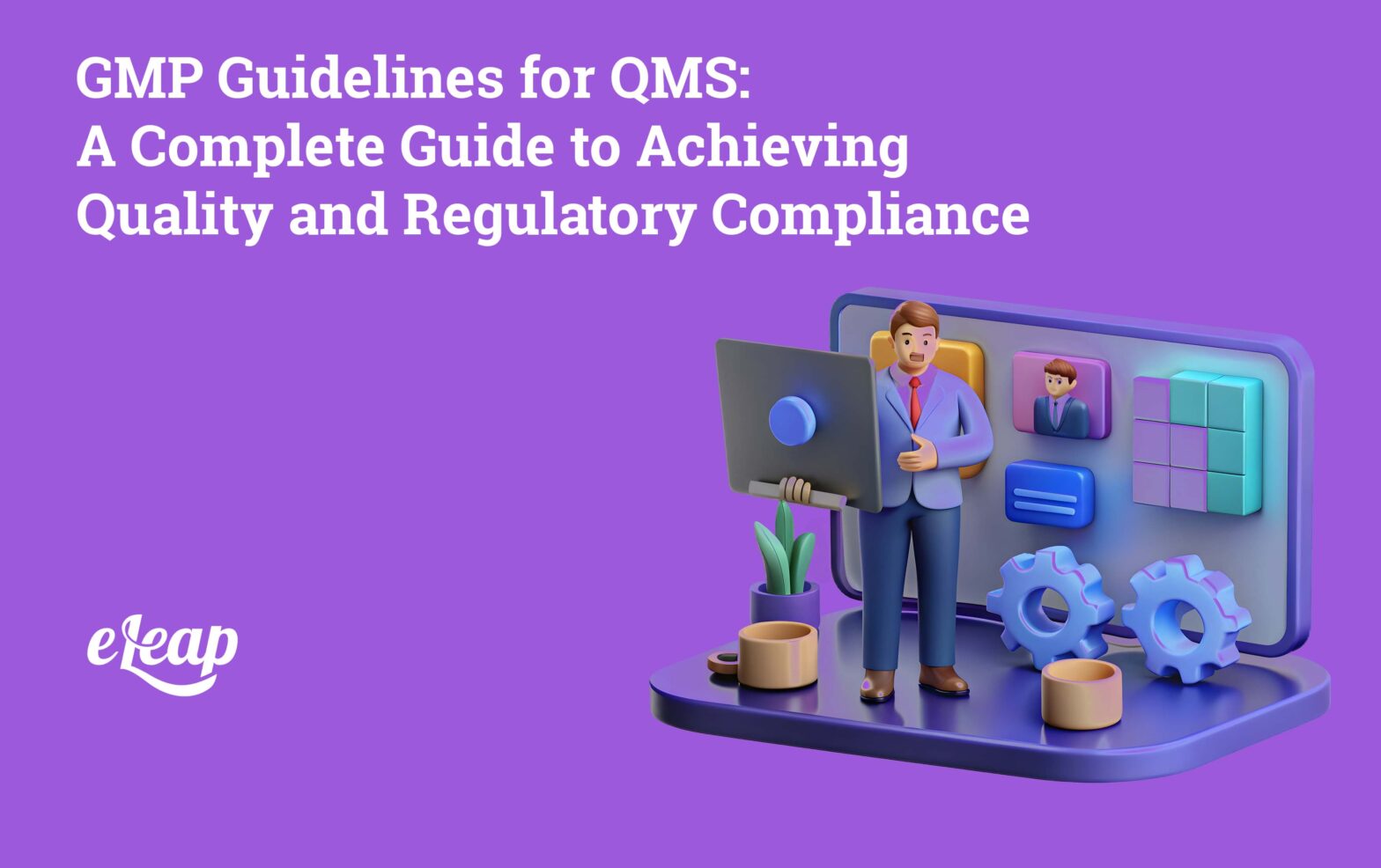
Compliance with quality standards in regulated industries like pharmaceuticals, biotechnology, and medical devices represents more than a legal requirement it’s a fundamental obligation to ensure patient safety and product integrity. Good Manufacturing Practices (GMP) serve as the cornerstone for establishing and maintaining product quality, while a Quality Management System (QMS) provides the structured framework that […]
-
ISO 13485 and 21 CFR Part 820: A Complete Guide to QMS Compliance for Medical Device Manufacturers
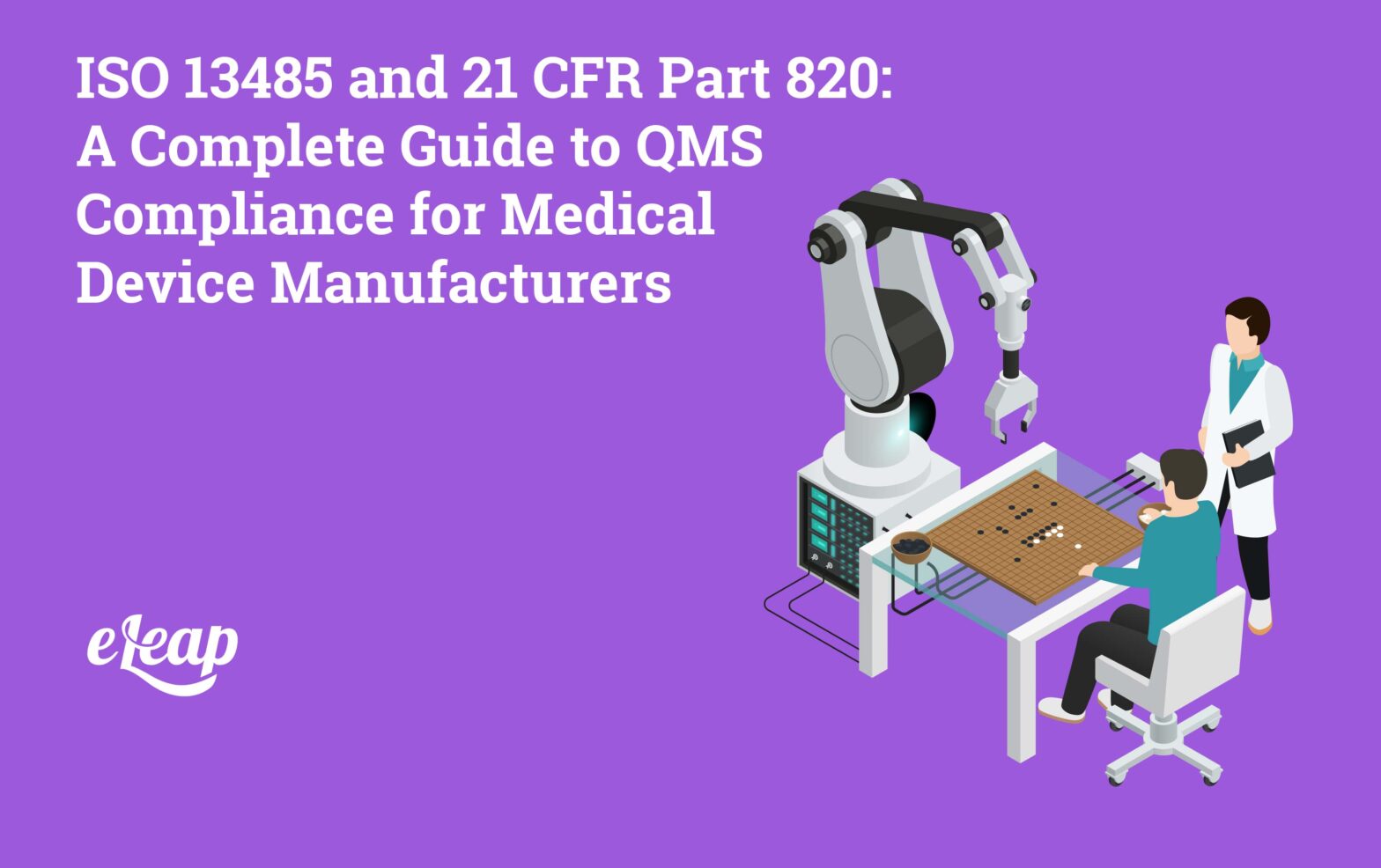
Quality and compliance represent the lifelines of the medical device industry. Without robust regulatory frameworks, organizations face product recalls, regulatory penalties, and reputational damage that can significantly impact and devastate their business operations. ISO 13485 and 21 CFR Part 820 stand as the two pillars governing how medical devices are designed, manufactured, and maintained across […]
-
From Compliance to Competitive Advantage: Rethinking the Device Master Record in the Digital Era

The New Face of Quality in MedTech In medical device manufacturing, documentation is destiny. Among every procedure, drawing, and record, the Device Master Record (DMR) stands apart as the canonical blueprint that translates design intent into a reliable, repeatable, and auditable reality. For years, organizations treated the DMR as a static binder compiled only because […]
-
QMS Certifications: Complete Guide to Benefits, Process, and Strategic Business Impact

Quality is not just a measure of performance; it is the foundation of trust and business success. As industries across the globe face increasing regulatory scrutiny and customer expectations, organizations are turning toward Quality Management System (QMS) certifications to ensure compliance, consistency, and continuous improvement. QMS certification, most commonly represented by ISO 9001, has evolved […]
-
Quality Instruments in QMS: The Foundation of Reliable Process Control

Quality Management Systems (QMS) are built upon precision, consistency, and the ability to verify results. At the core of these principles lie quality instruments—the measurement tools that ensure every process delivers expected outcomes. Without reliable quality instruments, even the most sophisticated QMS frameworks would lack credibility. Quality instruments are essential to evaluating performance, monitoring processes, […]
-
Process Approach in QMS: How to Build an Efficient, Process-Driven Quality Management System
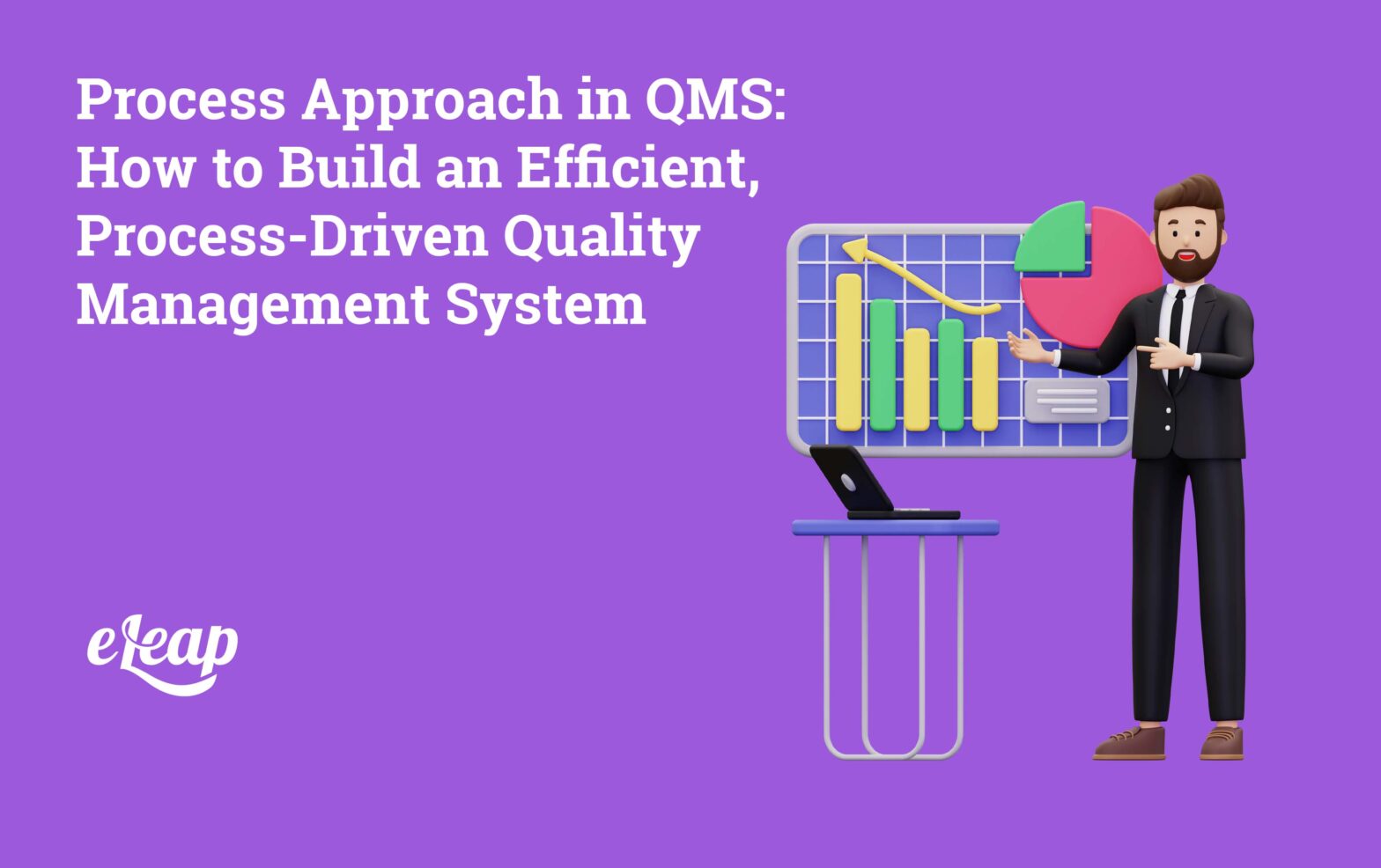
The process approach in Quality Management Systems (QMS) represents one of the most transformative methodologies in organizational management. This framework emphasizes systematic identification and management of processes that collectively contribute to achieving quality objectives. Rather than treating departments or functions as isolated silos, the process approach encourages businesses to view all activities as interconnected parts […]
-
Product and Process Monitoring in QMS: Ensuring Consistency, Compliance, and Continuous Improvement
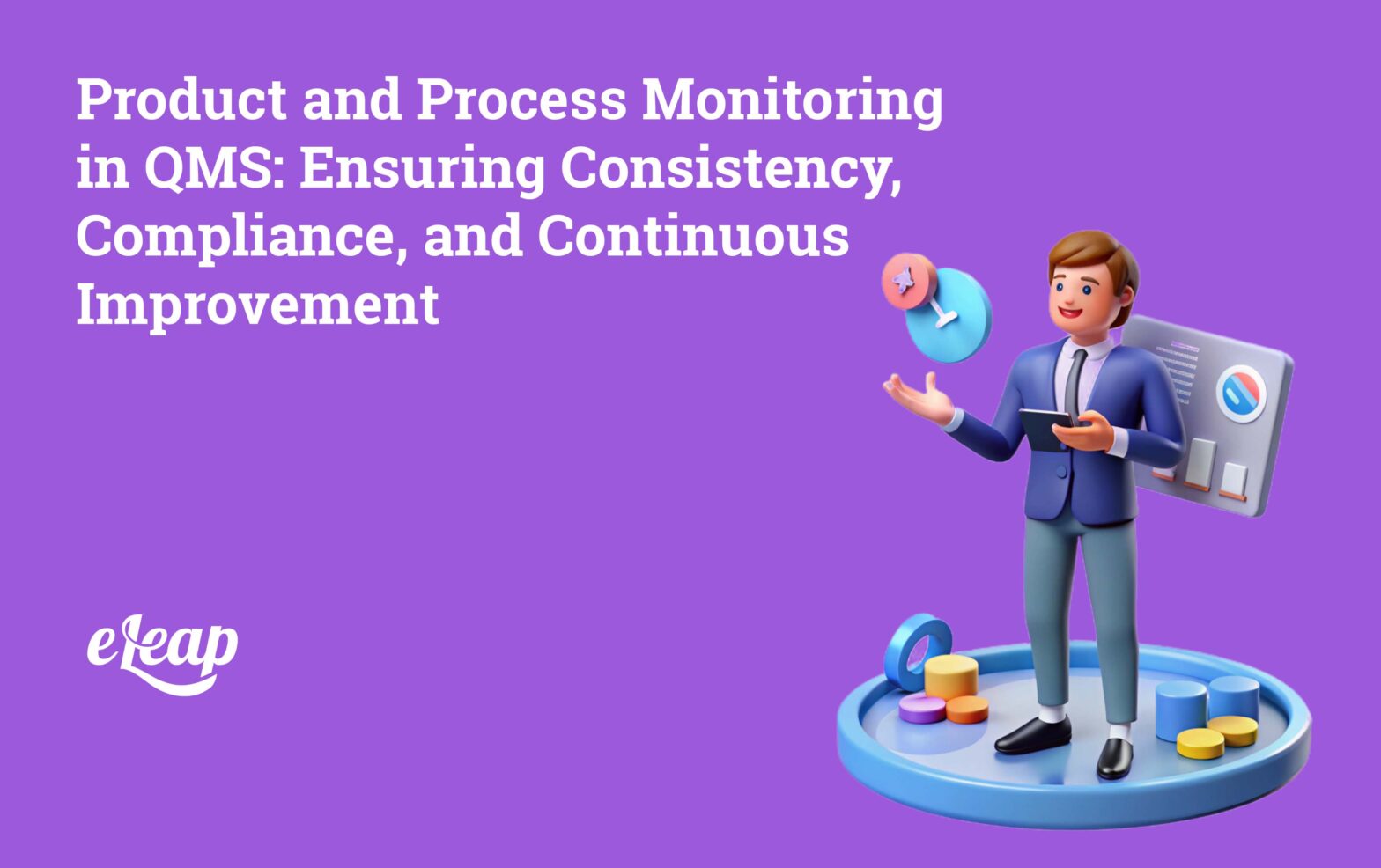
Product and process monitoring are the backbone of any effective Quality Management System (QMS). These monitoring activities form the bridge between what is planned and what is produced, creating a continuous feedback loop that supports quality consistency, customer satisfaction, and regulatory compliance. Without structured monitoring, even the most well-designed quality strategies lose their effectiveness. Within […]
-
Data Management and Analysis in Quality Management Systems (QMS)
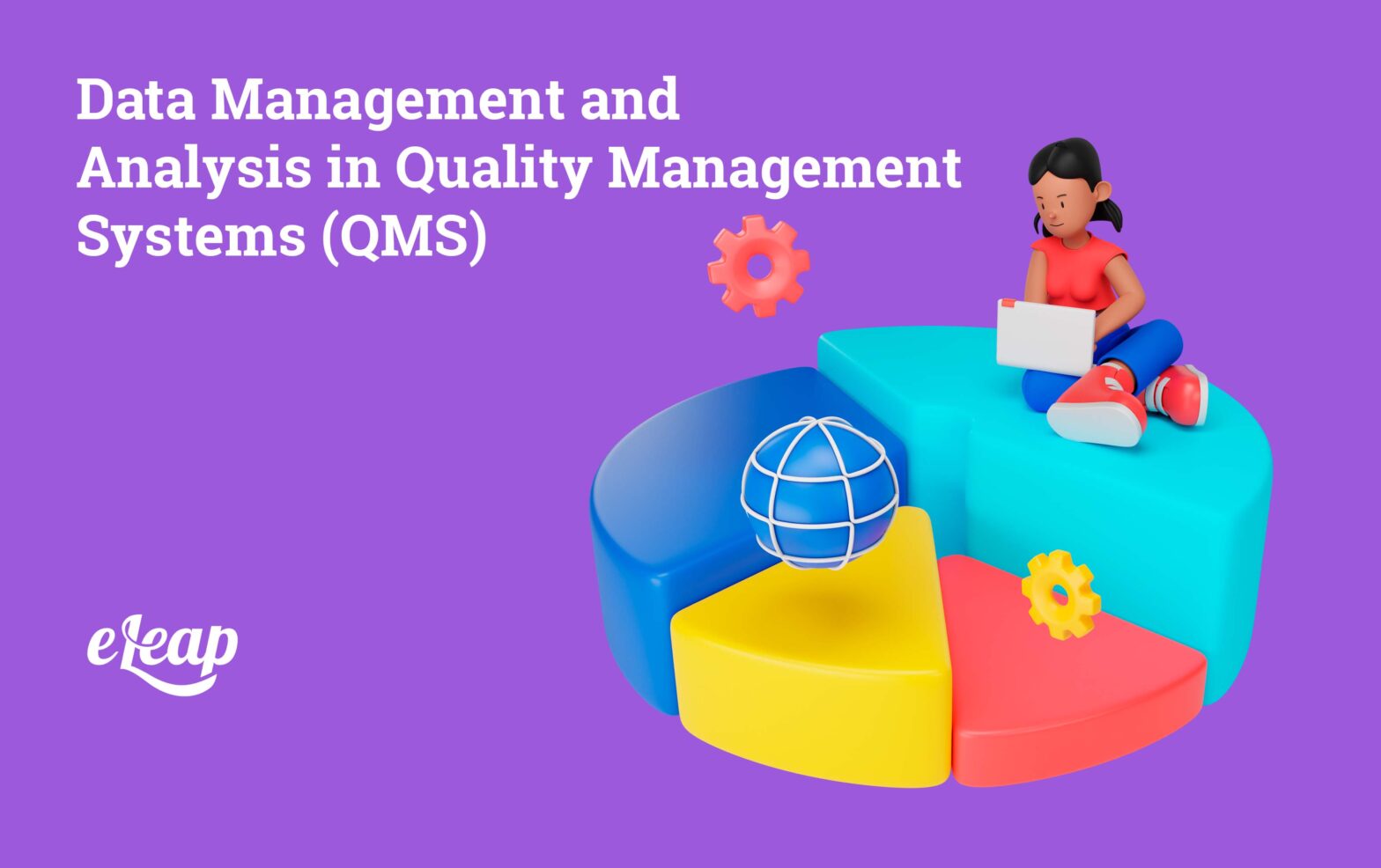
Quality professionals worldwide face a common challenge: transforming vast amounts of quality-related information into actionable insights that drive compliance and operational excellence. Within the scope of a Quality Management System (QMS), data management and analysis play a crucial role in ensuring regulatory compliance, process efficiency, and continual improvement. From manufacturing floors to service industries, every […]
-
Less Product Recalls: How QMS Ensures Quality, Compliance, and Brand Trust

Product recalls can devastate a company’s reputation, drain financial resources, and erode consumer confidence overnight. According to Sedgwick’s U.S. Product Recall Index, the number of recalled units increased by over 25% in 2024, underscoring the rising complexity of global supply chains and regulatory expectations. In this high-stakes environment, manufacturers who achieve less product recalls gain […]